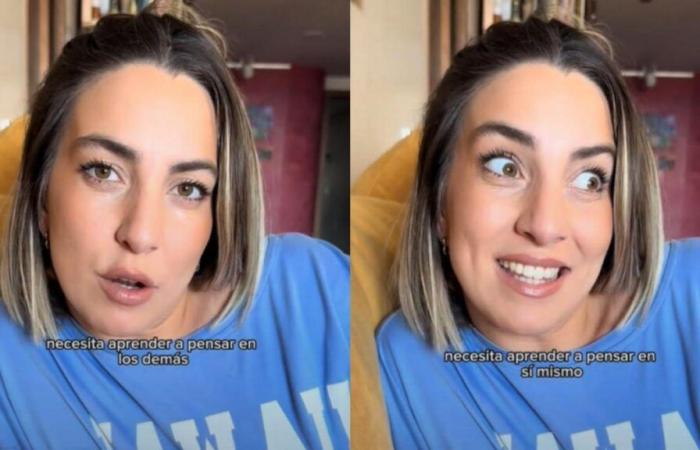
More and more people realize the importance of mental health. And, although now it seems that this speech is on everyone’s lips, the reality is that a few years ago that it begins to speak seriously about how key emotional health is in addition to physics.
And it is not so many years – and there are still people with this mentality – that it was thought that the people who went to the psychologist were “crazy” or had very serious problems. But this does not have to be like this: more and more people invest time and money in going to mental health professionals to review their behaviors and grow as people.
But not everyone can afford to go to a psychologist, in addition to the fact that waiting lists to obtain quotes with professionals from this area in Social Security are too long.
But, even if they do not go to the psychologist, many people find comfort in listening to the words that many mental health professionals share on social networks for free. And, beyond their work in consultation with their patients, there are more and more psychologists who publish content on mental health on social networks.
Mònica Santiago
One of these experts is the psychologist Paula Oll, who has recently shared a video in which he talks about personal growth. In this, remember that not everyone needs to work in the same areas: “What is medicine for some people, is poison for others,” he says.
Network reactions
“Everything you said in a moment! That’s right. I love your content, it helps me a lot”
And it puts several examples of this: “Who always flees, needs to learn to stay, but who always needs to learn to leave; who controls a lot, needs to trust more, but who trusts too much needs to see reality; who gives too much needs to learn to put limits, but who spends life puts limits needs to learn to be more permissive,” says Oll. With these examples, the psychologist concludes that the key is to know oneself to discover what “your medicine” is.





